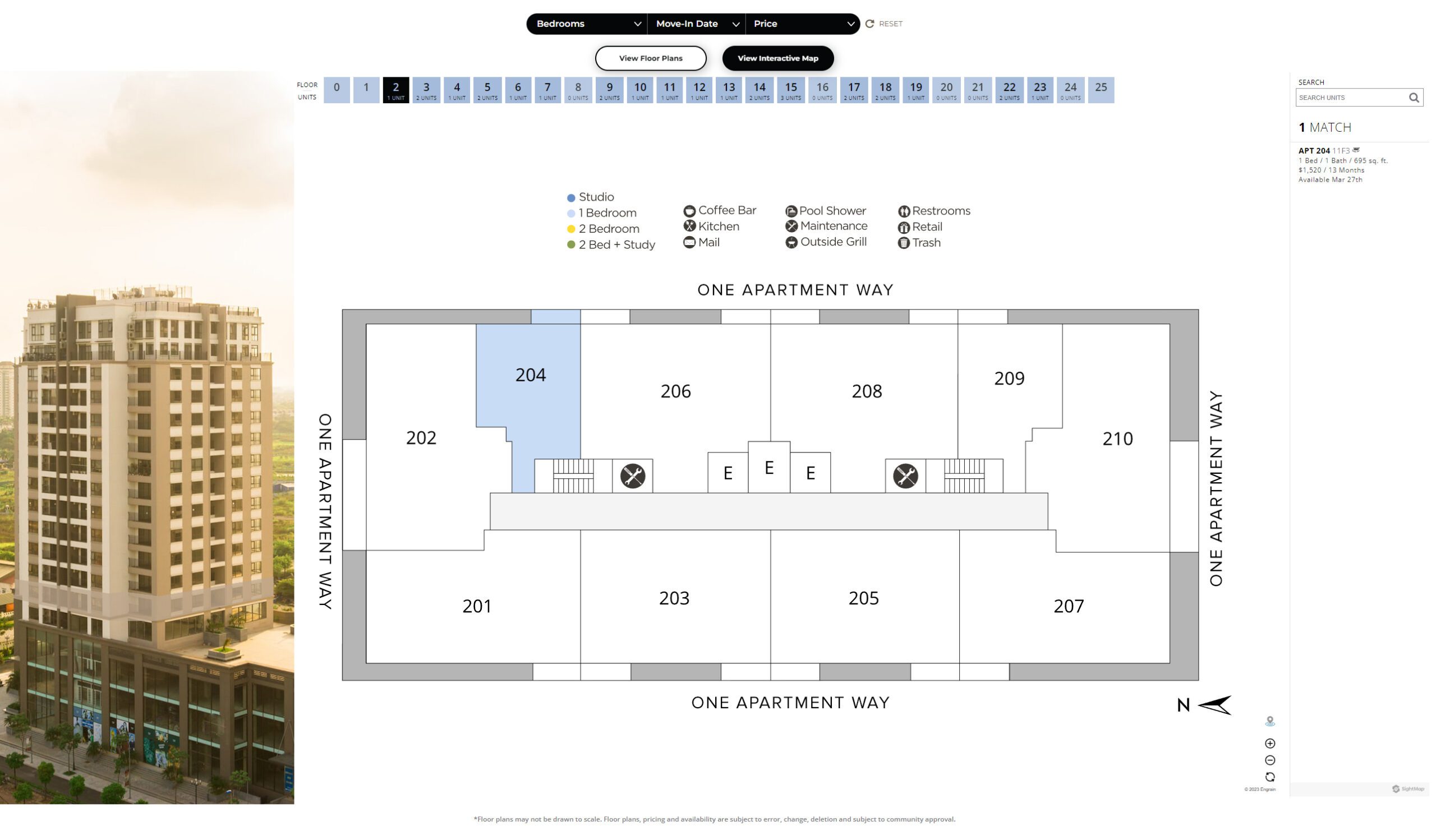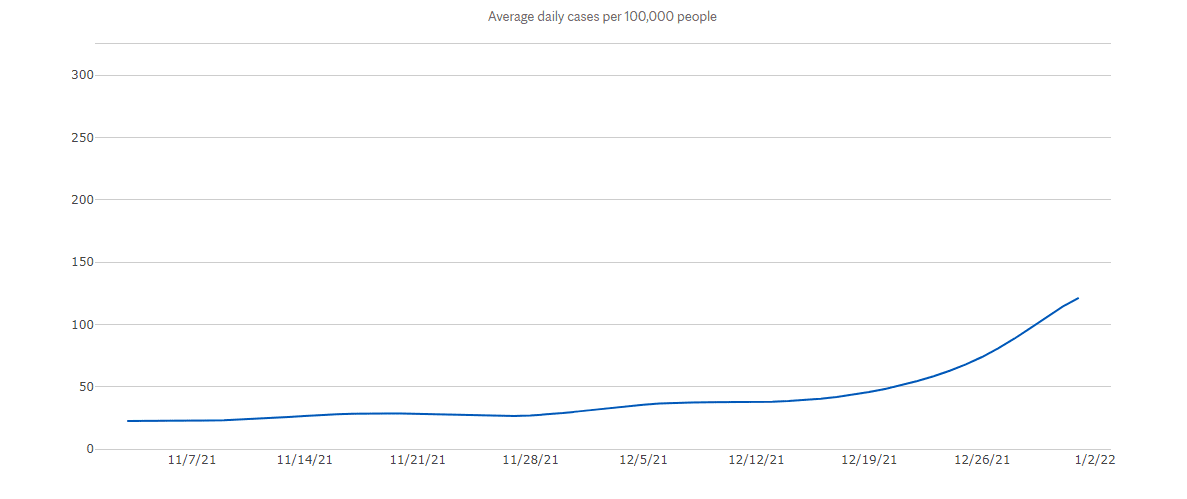
Real Estate’s Millennial Revolution: A New Market Shift
The Millennial Shift: How Young Homebuyers are Reshaping the Real Estate Market
Exploring The Real Estate Market Switch: The Millennial Shift

Introduction
This article explores the significant influence millennial buyers exert on the residential real estate market. From their unique homebuying trends to their motivations and the industry’s adaptation, we delve into how this generation is redefining norms and expectations in the real estate landscape.
The Millennial Approach
Millennials are reshaping the homebuying process through their unique preferences, including urban living, digital use, and sustainability.
Stats Speak Volumes
Millennials constitute the largest share of homebuyers, making them a dominant force in the real estate market. Their choices are significantly impacting housing trends and prices.
Adapting to Change
Real estate professionals must enhance their digital presence, promote sustainability, and offer innovative home experiences to successfully cater to millennial buyers.
The Influence of Millennial Buyers on the Residential Market
Every generation leaves its unique footprint on the world, reshaping industries and societal norms in countless ways. The millennials, also known as Generation Y, are no exception. Born between 1981 and 1996, this cohort is influencing numerous sectors, including the residential real estate market. But how, exactly, are millennials impacting the housing market, and what does it mean for property management groups, REITs, and real estate agents?
First things first, let’s clarify one thing: millennials are indeed buying homes. Despite the rumors you might have heard about avocado toast ruining their chances of homeownership, millennials are currently the largest cohort of homebuyers in the United States. They’re not just dipping their toes in the housing market—they’re diving in headfirst.
Their entry into the market is driving up demand, particularly for homes that meet their unique preferences. And let’s face it, millennials do have their own distinctive set of requirements when it comes to their future homes. They value sustainability, technological integration, and well-located properties that offer convenience and connectivity.
What this translates into is an increased demand for energy-efficient homes with smart home technology in locations close to public transportation, amenities, or urban areas. A home isn’t just a place to sleep for millennials—it’s a lifestyle statement.
The Influence of Millennial Debt
Millennials carry an unprecedented amount of student loan debt, which inevitably influences their approach to homeownership. This generation is defying the odds by leveraging their financial obstacles into negotiation tools. Their savvy financial strategies, such as improved credit scores from student loan repayments, are shifting the dynamics of mortgage negotiations. The willingness of millennials to carry housing costs over the longer term is even influencing changes in mortgage loan structures and tenures.
The Role of Social Media in Millennial Home Buying
Millennials carry an unprecedented amount of student loan debt, which inevitably influences their approach to homeownership. This generation is defying the odds by leveraging their financial obstacles into negotiation tools. Their savvy financial strategies, such as improved credit scores from student loan repayments, are shifting the dynamics of mortgage negotiations. The willingness of millennials to carry housing costs over the longer term is even influencing changes in mortgage loan structures and tenures.
Millennial Impact on Housing Legislation
Millennials are not just passive participants in the housing market. As they become more involved, they’re using their voices to influence housing legislation, pushing for changes that reflect their values and needs. This section will discuss how these legislative changes could affect the market and what they mean for real estate professionals.
The Rise of the Remote Work and Its Impact on Millennial Home Buying
Remote work isn’t just a fleeting trend—it’s here to stay. And its influence on the housing market is monumental. With the need to commute significantly reduced, millennials have more flexibility in choosing where they want to live, leading to a surge in demand for homes in previously overlooked locations.
Preparing for Generation Z
While we’re still figuring out millennials, it’s crucial not to lose sight of the next generation: Gen Z. They’re fast-approaching home-buying age, and their preferences could further reshape the market. This section will explore the preliminary trends we’re seeing with Gen Z and how real estate professionals can prepare for their entry into the market.
Source: Rose Quint, NAHB’s Assistant Vice President for Survey Research.
“Millennials have strong opinions about what they want and don’t want in their home…Understanding these needs will be paramount to the success of the housing industry moving forward,”
Millennial Home Buying Statistics: A Deeper Look
Market Share
According to the National Association of Realtors, millennials currently make up the largest share of homebuyers in the U.S., accounting for about 38% of all buyers.
First-time Homebuyers
Zillow reports that nearly half of all homebuyers are purchasing for the first time, with the vast majority of them being millennials.
Sustainable Living
A Nielsen report states that 73% of millennials are willing to pay extra for sustainable offerings. This predilection for eco-friendly living is reshaping the housing market, as developers prioritize green building practices to attract millennial buyers.
Remote Work
With 57% of millennials expecting to work remotely in the future (according to Upwork’s Future Workforce Report), demand for home offices or multipurpose spaces is on the rise.
Millennial Homebuying Trends
Embracing the Digital World
Millennials grew up alongside the internet, making them the first digitally-native homebuyers. Their approach to house hunting heavily relies on online research. They utilize various online platforms, from real estate websites to social media platforms, to gather information, compare properties, and even take virtual tours before deciding on a house. Real estate professionals must ensure they have a strong online presence to capture this demographic’s attention.
The Preference for Urban Living
Millennials often prioritize location over the size of a house. They’re more inclined towards urban living, where they have quick access to workspaces, shopping centers, eateries, and entertainment hubs. This preference has led to a boost in the demand for residential properties in urban areas.
Sustainability Matters
As a generation deeply concerned about the environment, millennials prefer homes with energy-efficient features and environmentally friendly designs. They are willing to pay a premium for homes equipped with solar panels, energy-efficient appliances, and sustainable materials.
The Sharing Economy
The concept of the sharing economy extends to the way millennials approach homeownership. They are open to concepts such as co-living and co-ownership to afford a home in a place they prefer. This trend has implications for property management groups and REITs that can cater to this growing demand for shared living spaces.
The ‘experience’ Factor
Millennials view their homes as an extension of their identities and lifestyles. They’re not just buying a property; they’re buying an experience. A home is a place to entertain, work, learn, and relax. As such, properties that offer unique amenities, such as coworking spaces or fitness centers, can be highly appealing to millennial buyers.
REMOTE WORK INFLUENCE
The increase in remote work options has had a significant effect on millennial homebuying trends. No longer bound by commute times or proximity to a physical office, millennials have greater freedom to choose where they live. As a result, many are choosing to buy homes in suburban or rural areas where they can get more space for their money. This trend has seen cities previously considered “second tier” experiencing a boom in their real estate markets.
The Rise of the ‘doer-upper’
Budget-conscious and imbued with a strong sense of individualism, many millennials are more open than previous generations to buying a ‘fixer-upper’ and making it their own. Real estate professionals can leverage this trend by showcasing the potential of these homes and providing resources or contacts for renovation work.
The Reasons Behind Millennials Buying Their First Home
Long-term Investment
Millennials view homeownership as a significant milestone and a solid investment. They understand that buying a house can be a significant wealth-building strategy.
Control Over Living Space
Millennials prefer owning a home as it gives them freedom and control over their living space. They can customize their environment to fit their lifestyle and needs.
Preparing for Family Life
As millennials enter their 30s, many are starting families. A desire for stability and space for their growing families is motivating millennials to transition from renting to owning.
Source: Fortum Digital Services
“In the real estate market, the millennial wave is more than a trend – it’s a transformation. Understanding their preferences isn’t an option; it’s a necessity for future success.”
Adjusting to Millennial Buyers: Tips for Property Management Groups, REITs, and Real Estate Agents
Now, here comes the million-dollar question: how can property management groups, REITs, and real estate agents adjust to these millennial homebuyers? It’s no small task, but with the right strategies, it’s entirely possible.
Understand and Embrace Technology
Did we mention that millennials are tech-savvy? This point can’t be overstated. Millennials grew up with technology and expect it to be integrated into all aspects of their lives, including the home buying process. This means leveraging digital tools for communication, using online platforms for property listings, and even offering virtual tours of properties.
Real estate agents should have a strong online presence, as millennials will often look for reviews and recommendations online. REITs and property management groups can also benefit from leveraging PropTech to streamline their operations and provide better service to their millennial customers.
Prioritize Sustainable and Smart Home Features
Sustainability and smart technology aren’t just buzzwords for millennials—they’re prerequisites. Millennials are more likely to invest in homes that are energy-efficient, have a reduced environmental impact, and are equipped with the latest smart home technology.
Emphasizing these features in property listings and marketing materials can help attract millennial buyers. For REITs investing in residential properties, prioritizing these features can add significant value and appeal to their portfolios.
Location, Location, Location… and Lifestyle
We know that location is a classic real estate mantra, but for millennials, it’s about more than just the physical location of a home. It’s about the lifestyle that location facilitates. Proximity to amenities, workspaces, recreational activities, and public transportation is often just as important to millennials as the property itself.
Property management groups and real estate agents should focus on promoting the lifestyle benefits of their properties, not just the features of the home. And for REITs, investing in well-located properties that align with millennial lifestyle preferences could yield substantial returns.
Your Marketing Partner in the Millennial Era
But you don’t have to navigate this new landscape alone. Our marketing company has extensive experience and a deep understanding of millennial preferences and behaviors. We leverage cutting-edge digital strategies to ensure your properties are seen by the right people, in the right places, at the right times.
In the era of millennial homebuyers, we can be your trusted partner, guiding you through the market’s twists and turns with expert advice and innovative marketing solutions. So whether you’re a property management group, a REIT, or a real estate agent, we can help you connect with millennial buyers and turn their homeownership dreams into a reality.
The humor you find in this article is like a perfectly staged home – subtle but pleasing. Millennials might be “killing” various industries, but they’re breathing life into the residential real estate market. So next time you hear a millennial joke, remember this: they might prefer avocado toast over a steak dinner, but they’re taking big bites out of the housing market.
Remember, the millennials are coming (for your real estate) – it’s time to roll out the welcome mat.
Conclusion
There you have it – an in-depth exploration of “The Influence of Millennial Buyers on the Residential Market”. The aim of this post was to shine a spotlight on this transformative generation and the unique ways in which they’re reshaping the housing market. As we’ve seen, these changes are not only significant but are also setting a new trajectory for the future of the industry. Remember, if you want to connect with these pioneering homebuyers, you need to speak their language and walk in their digital footsteps. And if all else fails, try a bit of avocado toast-themed humor. After all, who can resist a good avocado toast joke?
In the ever-evolving landscape of the real estate market, keeping a finger on the pulse of changing demographics is crucial. We hope this insight helps you better understand millennial homebuyers, equipping you with the knowledge to adjust your strategies accordingly. Stay tuned for more updates on the real estate market, as we continue to provide you with the most relevant insights. Because at Fortum Digital Services, we’re not just about keeping up with the trends – we’re about setting them.






